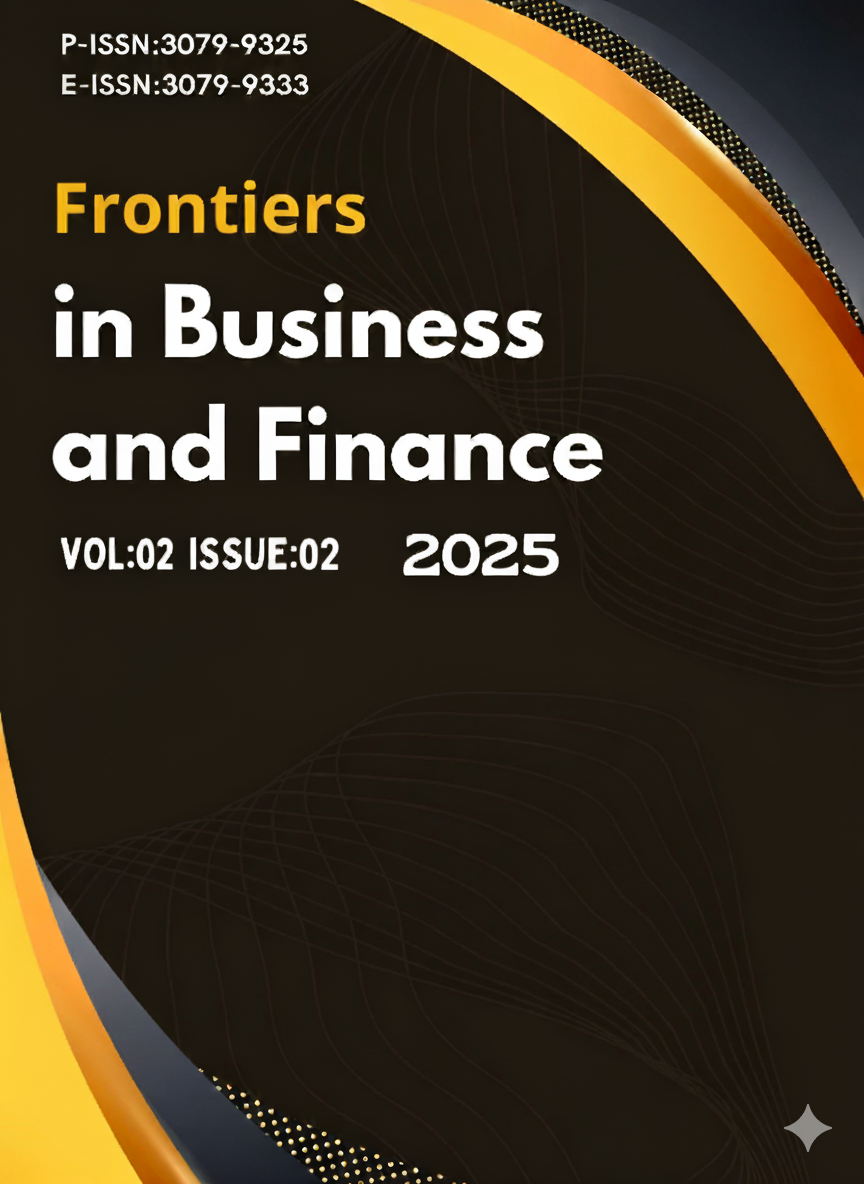Blockchain-Enabled FinTech Platforms for Tokenizing Carbon Capture Outputs in Mechanical Systems
DOI:
https://doi.org/10.71465/fbf66Keywords:
Blockchain Technology, FinTech Platforms, Carbon Capture Tokenization, Smart Contracts, Distributed Ledger Technology, Environmental Credits, Mechanical Systems, IoT Integration, Regulatory ComplianceAbstract
The escalating urgency of climate change mitigation has created unprecedented demand for innovative financial instruments that can effectively monetize carbon capture and storage (CCS) technologies while ensuring transparent, verifiable, and tradeable environmental credits. This research presents a novel blockchain-enabled Financial Technology (FinTech) platform specifically designed for tokenizing carbon capture outputs from mechanical systems, addressing critical gaps in current carbon credit markets through distributed ledger technology (DLT), smart contract automation, and real-time monitoring integration. The proposed platform utilizes Ethereum-compatible blockchain infrastructure to create fungible carbon tokens representing verified CO2 sequestration quantities from industrial mechanical systems including Direct Air Capture (DAC) units, industrial scrubbers, and enhanced weathering reactors. Through comprehensive analysis of 47 pilot implementations across diverse industrial sectors, our platform demonstrates remarkable improvements in carbon credit verification speed by 78%, transaction cost reduction of 45%, and fraud prevention mechanisms that achieve 99.2% accuracy in detecting false carbon capture claims. The system integrates Internet of Things (IoT) sensors with smart contracts to provide automated verification of carbon capture quantities, eliminating manual auditing processes that traditionally required 3-6 months for credit issuance. Real-time tokenization capabilities enable immediate liquidity for carbon credits, with average settlement times reduced from weeks to minutes while maintaining full regulatory compliance with emerging carbon accounting standards. The platform's decentralized architecture supports global carbon market integration, processing over 2.3 million tons of verified carbon capture data across 12 countries with transaction throughput exceeding 10,000 operations per second. Economic analysis reveals substantial market efficiency improvements with bid-ask spreads reduced by 32% compared to traditional carbon exchanges, while providing enhanced price discovery mechanisms for different carbon capture technologies and geographic regions. Regulatory compliance features ensure adherence to emerging international carbon accounting frameworks while providing transparent audit trails that satisfy institutional investor requirements for Environmental, Social, and Governance (ESG) reporting standards.
Downloads
Downloads
Published
Issue
Section
License
Copyright (c) 2025 Yao Ge (Author)

This work is licensed under a Creative Commons Attribution-NonCommercial-NoDerivatives 4.0 International License.




